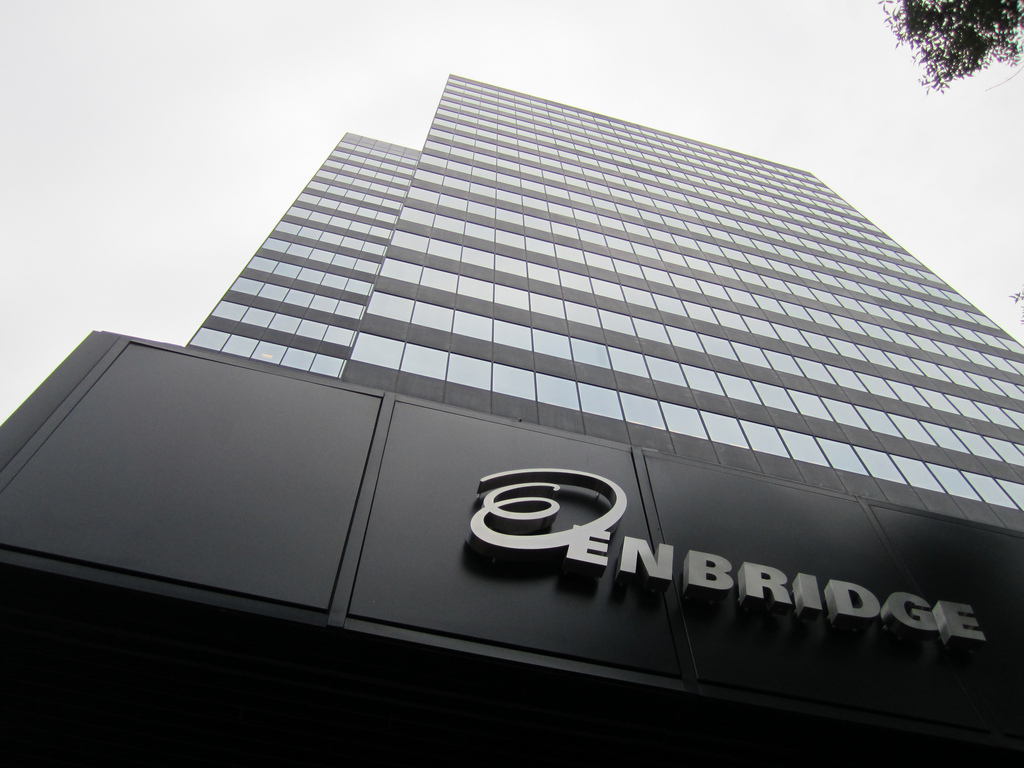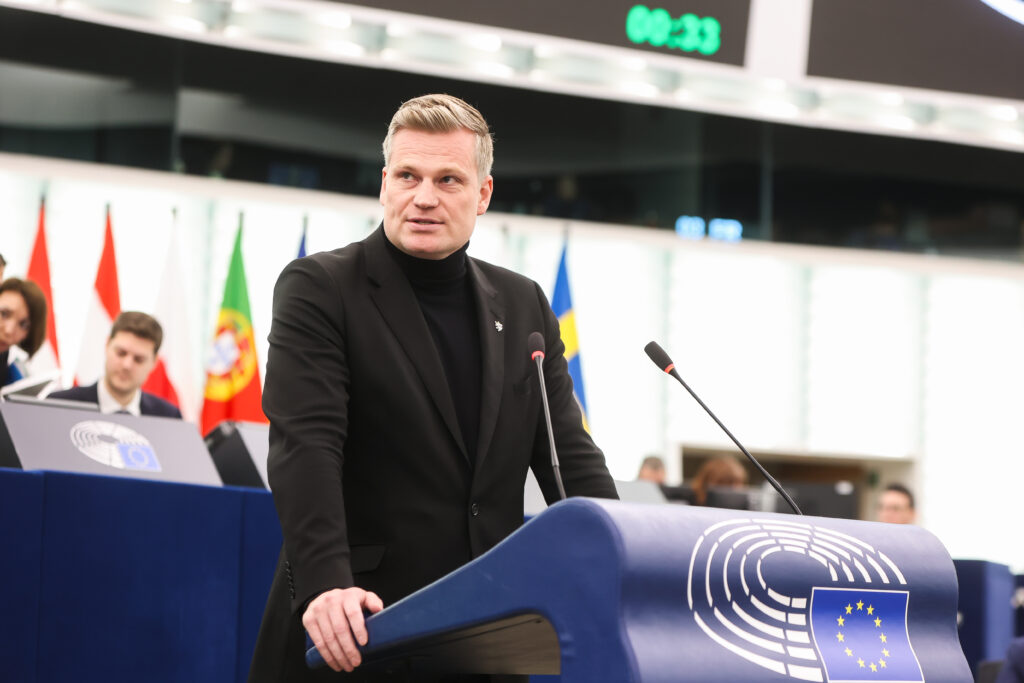A contractor working for the federal government to monitor construction of Enbridge’s Atlantic Bridge natural gas project works for the company in various other capacities, according to documents DeSmog obtained through an open records request.
Early last year, the Federal Energy Regulatory Commission (FERC) approved the project, which aims to upgrade Enbridge’s natural gas capacity in the Northeast U.S. The Atlantic Bridge project was originally initiated by Spectra Energy, which was purchased by Enbridge last February.
As DeSmog previously reported, FERC hired Environmental Resource Management (ERM), a multinational environmental consulting firm that works extensively with the oil and gas industry, to oversee construction compliance of the project despite knowing ERM had a business relationship with Enbridge. Since ERM served as FERC’s third-party contractor for the environmental review process during the project’s application phase, Enbridge asked FERC to continue using the contractor.
FERC’s legal arm paved the way for this to happen. In a memorandum dated October 4, 2017, Charles Beamon, FERC’s associate general counsel, acknowledged that ERM currently works for Enbridge and thus has a conflict of interest. Yet since ERM reported it had received less than one percent of its income from Enbridge in each of the previous three years, Beamon ruled that the company may serve as third-party contractor to monitor Atlantic Bridge’s construction phase. FERC does not independently verify financial reporting from third-party contractors.
Yet documents obtained by DeSmog reveal that ERM’s relationship with Enbridge is extensive. Disclosures ERM submitted to FERC in September 2017 show that the contractor had been working at the time for Enbridge on multiple oil and gas pipelines projects, both in the U.S. and Canada.
These include the following activities:
- environmental permitting on the transnational Alliance pipeline, in which Enbridge is a 50 percent owner.
- air permitting and risk assessments on Enbridge facilities in Canada.
- public relations, environmental permitting and inspection services for several Enbridge oil pipelines in the Midwest.
- public affairs for the PennEast pipeline, in which Enbridge obtained a 10 percent stake after acquiring Spectra Energy early last year.
- environmental consulting for Westcoast Energy, an Enbridge subsidiary in Canada.
- environmental consulting for the Valley Crossing pipeline, an Enbridge project to transport gas from Texas to Mexico.
The disclosures also indicate ERM was still working on Spectra Energy projects that began before its corporate takeover by Enbridge. Those include assistance with a pipeline abandonment project and the production of a training DVD for Spectra.
From an ERM disclosure submitted to FERC, detailing the contractor’s continued work for Spectra Energy, including the production of a DVD.
History of Potential Conflicts of Interest
This is not the first potential conflict of interest in the Atlantic Bridge gas project. As DeSmog has extensively reported, NRG, an environmental consultant which conducted the environmental review on FERC’s behalf and was later acquired by ERM, was working at the time for the PennEast pipeline. Spectra (now Enbridge) had a stake in that pipeline too.
Documents published by DeSmog revealed that when hired by FERC, NRG did not specifically disclose its work on PennEast. Current plans have PennEast connecting to Enbridge’s Algonquin pipeline, which Atlantic Bridge intends to upgrade – suggesting NRG may have had an interest in the approval of Atlantic Bridge.
Still, in its approval of the project, FERC’s commissioners claimed the commission had properly vetted the contractor and found no conflicts.
FERC reiterated this problematic claim last month when it denied a rehearing on its authorization of the Atlantic Bridge project submitted by several activist groups, citizens, and the town of Weymouth, Massachusetts – all of which oppose the project. The commissioners stated that “[I]n this case, NRG disclosed its relationship with Spectra in its proposal to work on the Commission’s environmental review of the Atlantic Bridge Project.” NRG’s disclosures submitted to FERC and published by DeSmog in the past year indicate that this simply is not the case.
Help From FERC Lawyers
Other documents DeSmog obtained via an open records request indicate that FERC worked to speed up Enbridge’s request to approve ERM as the contractor monitoring construction compliance.
In one email, FERC official Alisa Lykens, who heads a natural gas branch within FERC, wrote to ERM and to FERC’s project manager, Maggie Suter, that “Rich [Rich McGuire, director of environment and engineering in FERC’s gas division] had a meeting with OAL [FERC’s legal arm] to expedite their review.”
Other emails show that in response to ERM’s inquiries, FERC’s legal division provided the contractor with guidance on how to fill out the disclosure. In one exchange, a FERC lawyer indicated that ERM should respond to the question on whether the compliance monitoring will consist of a future business relationship by stating “yes.”
Though Enbridge began construction on the portion of Atlantic Bridge running though the state of New York, the company still cannot complete the entire project. Stiff opposition in Massachusetts has led Governor Charlie Baker to instruct state permitting agencies to conduct more thorough reviews of the impacts of a planned gas compressor station in Weymouth. Those reviews are still ongoing.
DeSmog did not receive responses for a request for comment from FERC, ERM, or Enbridge.
Main image: Enbridge Liquids Pipelines Head Office, Edmonton, Canada. Credit: Mack Male, CC BY–SA 2.0
Subscribe to our newsletter
Stay up to date with DeSmog news and alerts








